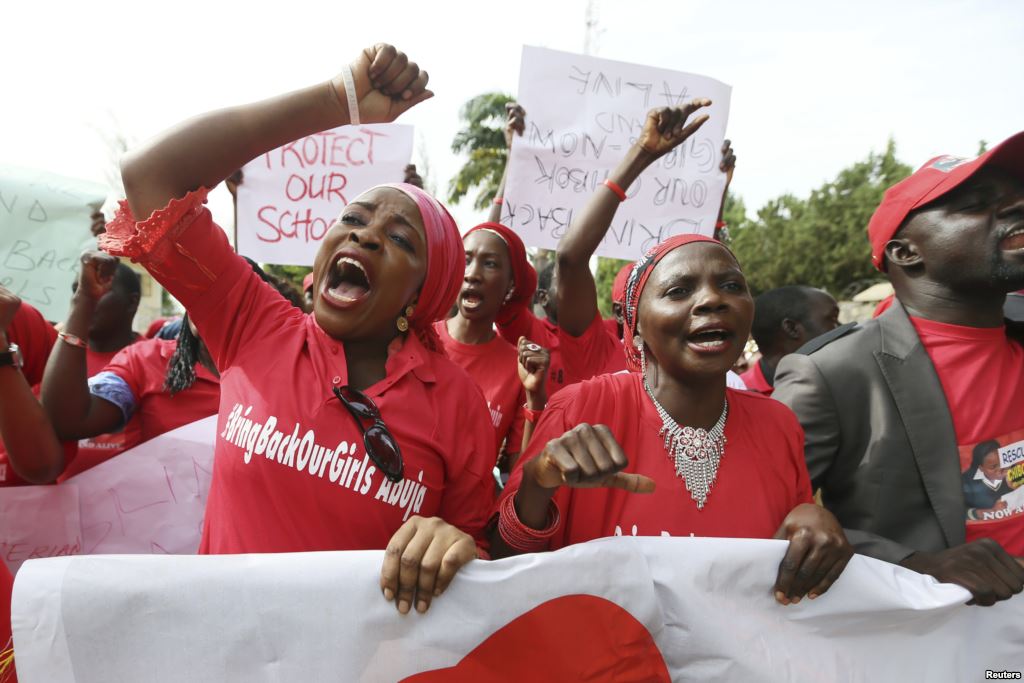Crisis in Nigeria: Now Is The Time to Act
Remember the innocent Nigerian schoolgirls who Boko Haram kidnapped back in April? The ones who were abducted from their small village of Chibok? You should. It sparked an international outcry from humanitarians, world leaders, and civilians across the globe as many took to social media to express their angst using the hashtag #BringBackOurGirls. Unfortunately, after almost 200 days of captivity, Boko Haram is still refusing to release these young women.
News broke this past week that the Nigerian government had finally brokered a deal with Boko Haram to ensure the girls’ safe release. However, this uplifting news was soon met with uncertainty among the international community amid reports that Boko Haram had allegedly captured another 25 girls in Northeastern Nigeria. Around the same time as these alleged kidnappings, Al Jazeera reported, “a bomb blast went off at a bus station near the northern state of Bauchi,” which “killed at least five people” and injured 12 civilians. These latest developments cast doubts on whether Boko Haram is going to follow through with its agreement. It also prompted many to begin questioning whether international intervention should be taken against Boko Haram to secure the girls’ freedom.
As a country that has led the War on Terror for the past decade, the United States should help to secure the safe release of these schoolgirls. However, they should not be the only country willing to step in and crush terrorist groups like Boko Haram. There has been a proliferation of terrorist related activity in the past several decades and the international community needs to come together as a whole to take preventative action in defending civilians against these attacks. While the United States should not always act as a pseudo “international police force” in the face of conflict, it is crucial that the international community and the United Nations legislate and enforce stricter laws and regulations regarding precarious situations such as hostage crises. Other world powers such as the United Kingdom, China, Japan, and Russia (to name a few) need to assist in quashing these armed rebels and enforcing punishments against those organizations that do not adhere to international laws. That being said, if these world powers take action to create stricter international laws, they too need to adhere to them. It would be hypocritical to draft new pieces of legislation but view themselves as above these laws and not follow them.
While intervening on behalf of these schoolgirls is of the utmost importance, it is crucial that the United Nations reassess global positions and appropriate responses to international conflict in more general terms as well. Unfortunately, the UN has had an increasingly difficult time deciding when outside intervention is warranted. Though necessary to prevent rash actions, this drawn-out process on deciding a course of action can often cause the critical time frame of action to elapse and the situation to escalate, as we have seen with the current situation in Nigeria. This time period is crucial in assisting victims and ensuring that casualties are minimized in organized terror plots. Despite the fact that terrorists will continue to find new ways to target civilians and engage in psychological warfare, world powers need to put aside their ideological differences and come together to ensure that those who harm innocent civilians will be prosecuted and held accountable for their actions.
[yop_poll id="33"]
